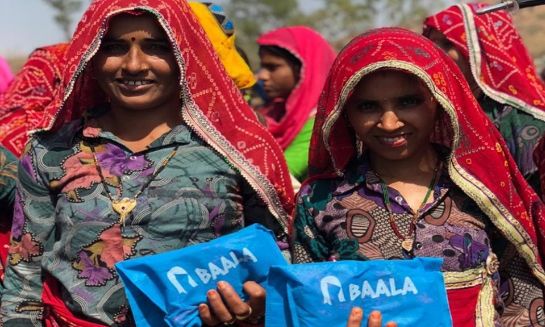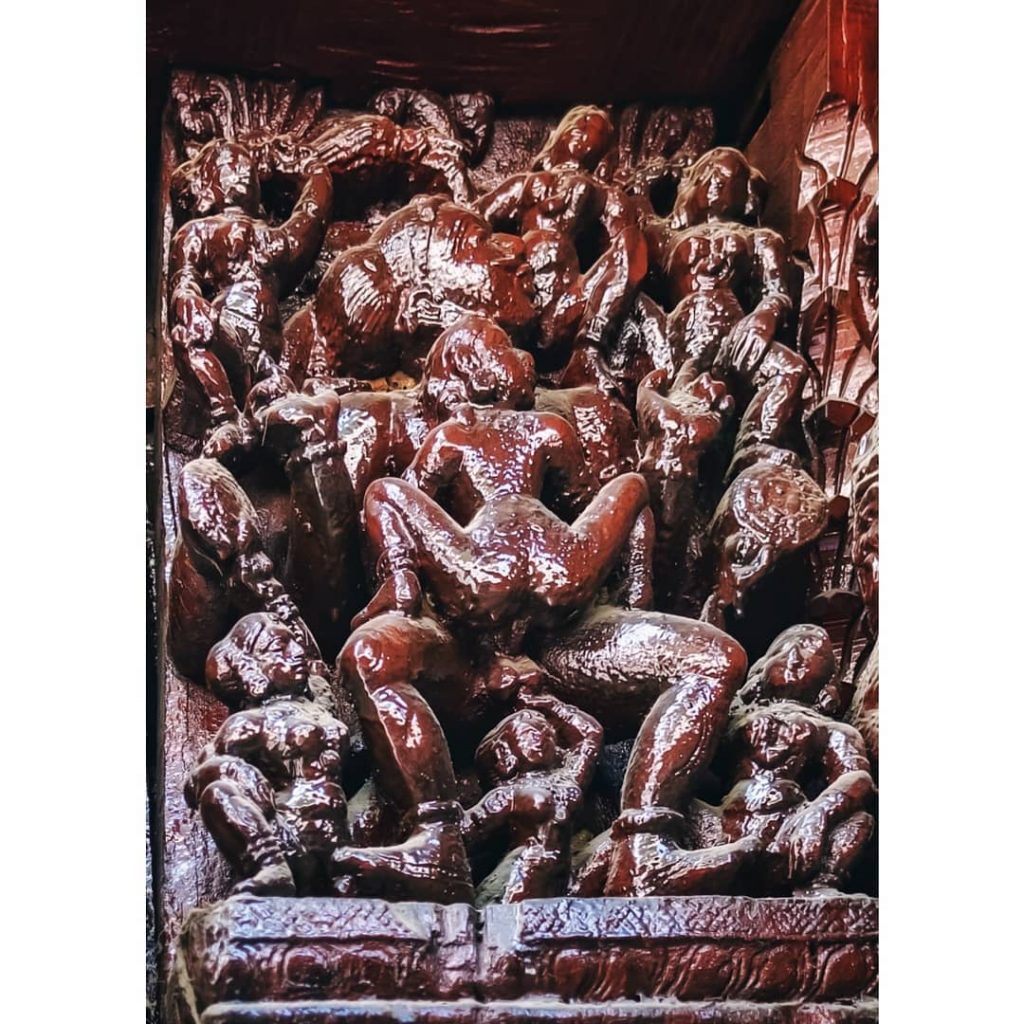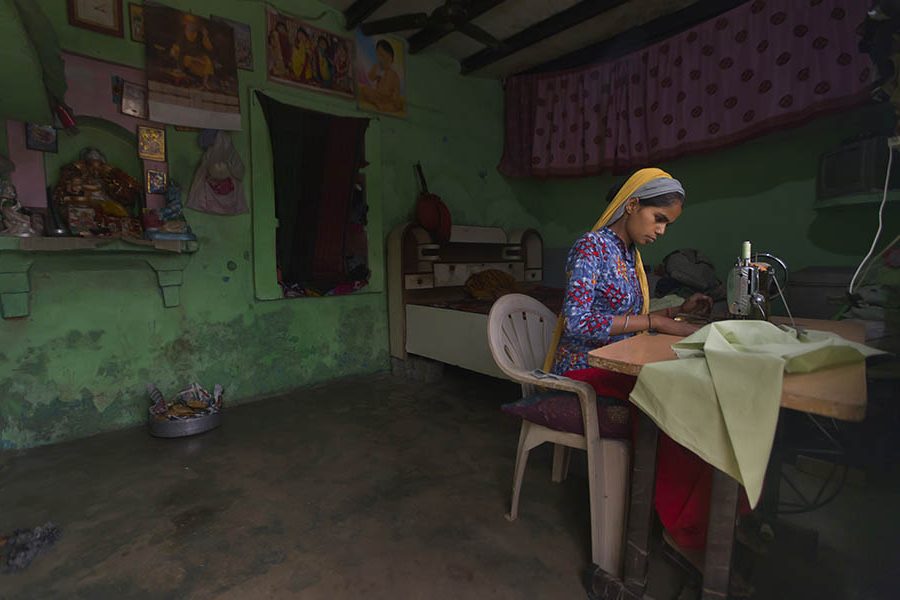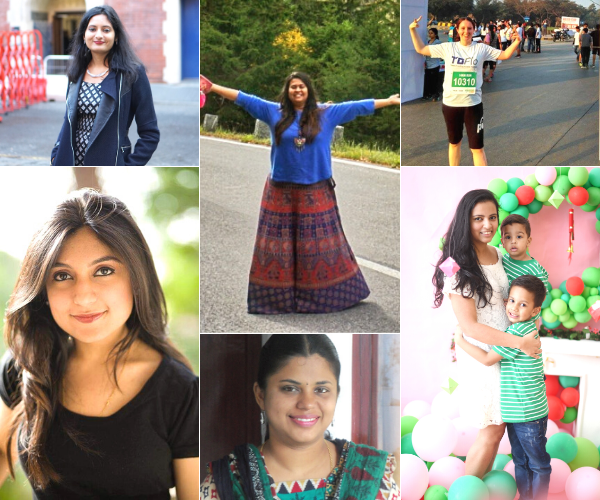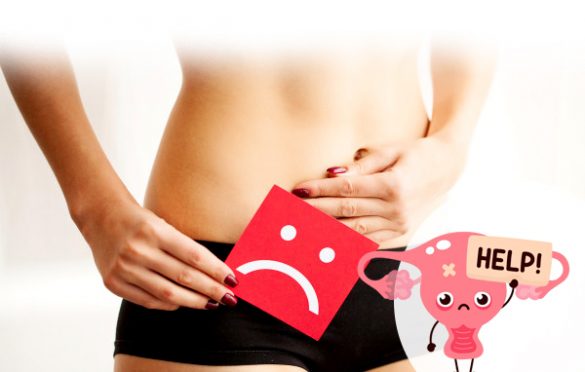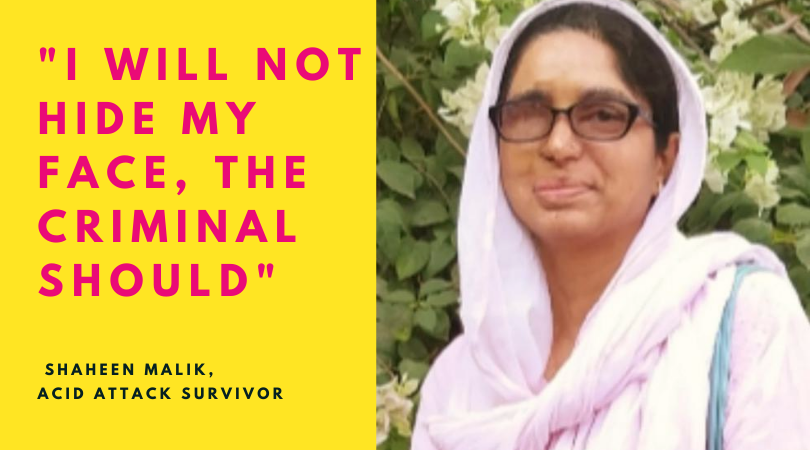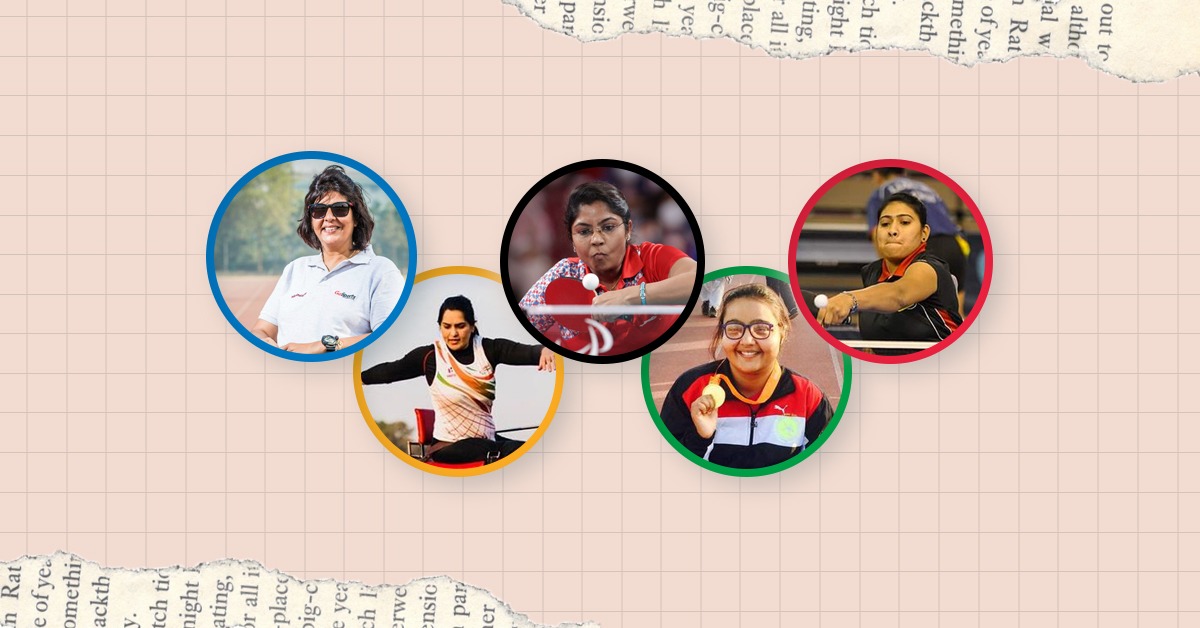It is the 21st century and as a society, we are still plagued with patriarchal structures that seeps into our social systems. We are still reluctant to talk about sex education, mental health, menstruation, etc. The situations get worse when such issues are riddled with myths and taboos, and one such classic example that we still as a society need to recognize over and over again is menstrual health. Being perceived as unholy to dirty and even considering the menstruators as impure, is not a new phenomenon that we are encountering. Surrounded by shame and the cultural anxiety to establish control over the bodies of women, they are still expected to follow restrictions when they are menstruating. In rural India, where there is still a lack of awareness, facilities, and education or public health systems, we keep witnessing the alarming rates of girls dropping out of schools as soon as they reach puberty.
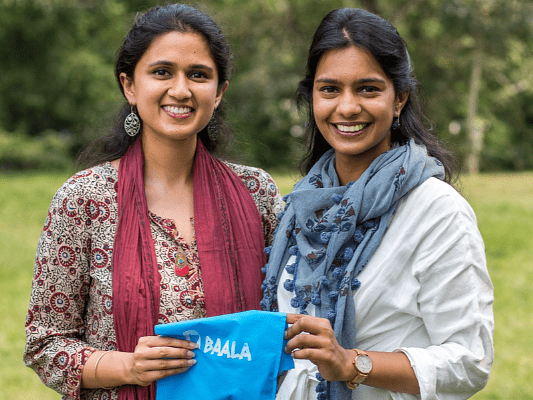
Being acquainted with all these problems and the stigma attached to menstruation, Soumya Dabriwal, who has worked intensively in the social sector founded Project Baala, and later she was joined to co-head the organization by Aradhana Gupta, an alumnus from Cornell University.
What is Project Baala?
Project Baala is an impact-oriented, youth-led organization that is started by women, largely run by women to make menstrual hygiene and access to better sanitary products as a major priority for women in rural India. Soumya Dabriwal who is an alumnus of the University of Warwick, England, and a social worker recognized one of the most pertinent issues that women were facing of unhygienic menstrual practices, while she was teaching in India, Africa, and Ghana. The commonalities that she found while working in rural areas in these third world countries were the lack of public health infrastructures such as toilets and proper sanitary products, the issue of disposal of menstrual waste, and lack of awareness and information on menstrual health. Different social and cultural taboos attached to menstrual blood, especially in a conservative society such as India, make it even harder. Since its inception, it has done tremendous work in imparting awareness and education about hygiene and menstrual health and also creating more innovative and sustainable sanitary napkins.
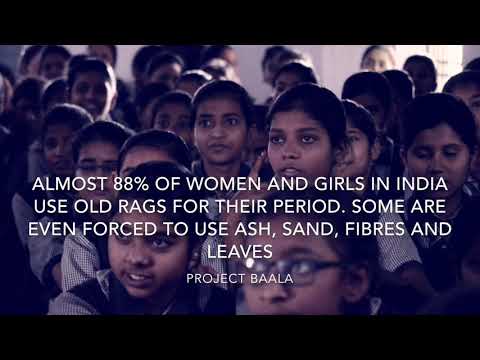
Keeping in mind the immense waste production and lack of proper sanitization and disposable methods, the organization has researched and come up with a product that is cost-effective, safe, and supports sustainability. They have provided free reusable sanitary napkins in schools in rural areas, urban slums, and villages that can last for two years.
“Through the use of Baala pads we can reduce menstrual waste by 99 % in rural areas, from using approximately 240 pads in 24 months, we will be down to 3 pads, which is 800 times less than what we generate now “, says Aradhana.. During her fieldwork in different rural areas, she heard experiences where women and girls get harassed and assaulted in the middle of the night when they go to dump their menstrual waste, making it extremely dangerous. Such use of technology and innovation that can produce safe, hygienic, reusable pads which can tackle multiple problems with one solution is a great achievement.
The Baala Kit
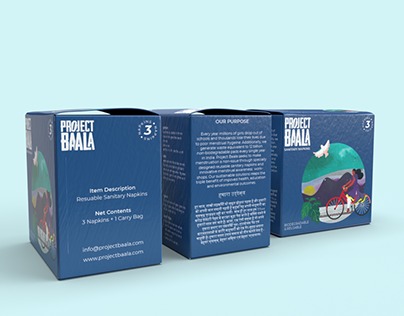
The Baala Kit comes with three pads and one carry bag for storage and carriage. While recognizing the weather conditions in different cities and rural areas and the drying time of 1 to 3 hours on an average, the Project Baala team has been mindful about their methodology of distribution of these kits, for example; 4 instead of 3 pads are given in the areas that are prone to heavy rain, realizing the obscurity of drying the pad. In India, these pads have already been distributed in rural settlements and urban slums of seventeen states, the organization has gone above and beyond to also send Baala pads to villages in Nepal, Ghana, and Tanzania.
Work During Covid
Even through this crisis, Project Baala has kept working, investigating, and developing new methods to impart awareness and create mobilization on menstrual health. Recently they have come out with an intensive report highlighting how the global pandemic and the lockdown have worsened the situation for women in rural areas. The study used a structured methodology of doing a telephonic survey with 368 participants, covering twenty clusters in Delhi.
Given the existing crisis and the anxiety around the same, Baala derived a new approach to continue their work; they provided digital access to menstrual awareness through their social media channels and their mobile app, Baala Boss. The project launched its digital library with recourses catering to menstrual health, both in Hindi and English. They collaborated with organizations like Sewa to create a larger mobilization and connect to different rural communities, who have also been working with women, making them empowered and self-reliant.
The Inception of Baala Associates
Even though the organization was already trying different modes to cater to the concerns of menstrual hygiene in the middle of a pandemic, they came up with the idea of introducing hyperlocal resource persons to directly take a grip of the situation and solving the issues of economic loss and compromise of menstrual hygiene. These people were known as “Baala Associates”. Individuals who were sensitive enough towards these concerns and were driven to learn as well as impart knowledge and awareness about menstrual health while also generating financial independence for them were trained by the organization. These associates further went ahead and directly sold Baala pads reducing their economic burden and eliminating the unmanaged sanitary wastes.
While discussing the future goals for Project Baala, Aradhana said, “We are working with different textile scientists and manufacturers who can create a pad that can be used even in drought-stricken areas, eliminating the use of water, which can last for a longer time “. If this product is successfully made, it can completely revolutionize menstruation and effectively cut the financial burden that comes with it. Whilst discussing the commercialization of Baala pad in urban settlements, Soumya added that they right now strictly want to use their resources for women in rural areas where they do not have access to better sanitary products.

